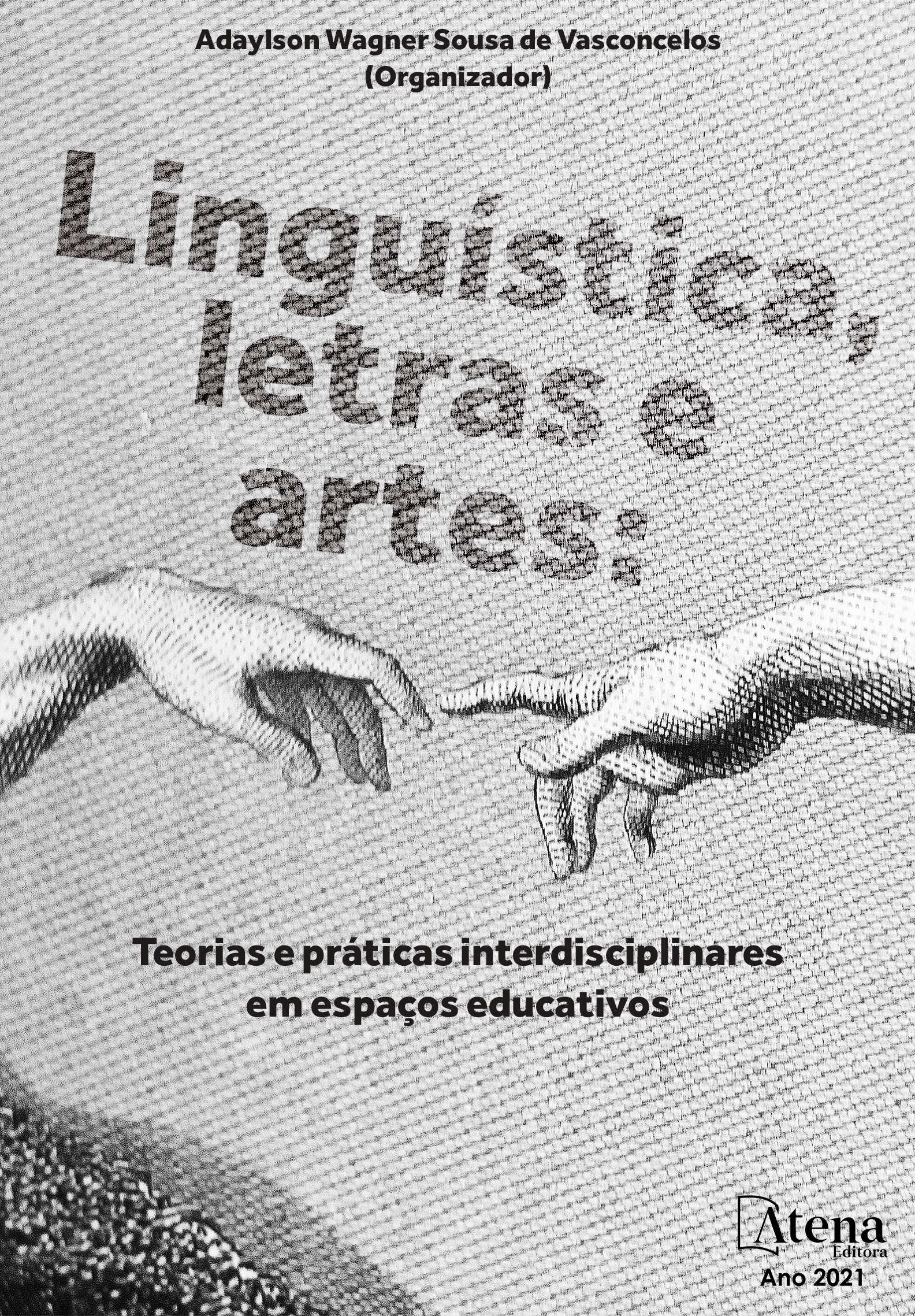
AS METODOLOGIAS ATIVAS EM AULAS DE LÍNGUA PORTUGUESA NO ENSINO MÉDIO
As metodologias ativas são alternativas pedagógicas que colocam o foco do processo ensino e aprendizagem nos alunos, transformando-os em protagonistas e envolvendo-os ativamente em práticas que valorizam a descoberta, a investigação e a resolução de problemas. Sendo assim, podem ser utilizadas no âmbito educacional por docentes de Língua Portuguesa, a fim de inovar e potencializar suas práticas pedagógicas. Nesse sentido, esta pesquisa tem como objetivo geral analisar o que se tem produzido na literatura, a respeito das metodologias ativas, como contribuintes à aprendizagem dos alunos e no ensino de língua portuguesa. É descritiva, bibliográfica, indutiva e de abordagem qualitativa. Dessa forma, a coleta e a análise dos dados foi realizada, nas seguintes etapas: a) levantamento bibliográfico sobre o tema; b) organização e análise dos dados coletados por meio de leitura e fichamentos; c) interpretação dos dados; d) discussão e avaliação dos resultados. Fizemos um levantamento, sobre materiais encontrados, acerca das metodologias ativas, nesse ensino, em bases de dados/revistas acadêmicas on-line selecionadas. Constatou-se, na totalidade dos textos encontrados, que esses revelam que as metodologias ativas são consideradas eficazes para o desenvolvimento da aprendizagem dos discentes. Compreendeu-se que essas, na disciplina dessa língua, no Ensino Médio, podem transformar sobremaneira as aulas, favorecendo o aprendizado consciente, crítico e mais efetivo, no trabalho pedagógico com os conteúdos obrigatórios desse nível. Ademais, averiguou-se que há uma escassez grande de materiais referentes às “metodologias ativas em aulas de língua portuguesa” e isso evidencia a necessidade de pesquisas aplicadas sobre esse tema.
AS METODOLOGIAS ATIVAS EM AULAS DE LÍNGUA PORTUGUESA NO ENSINO MÉDIO
-
DOI: 10.22533/at.ed.95221200918
-
Palavras-chave: Abordagens de ensino. Educação Básica. Ensino e aprendizagem. Língua Portuguesa. Metodologias ativas
-
Keywords: Teaching approaches. Basic Education. Teaching and learning. Portuguese Language. Active methodologies
-
Abstract:
Active methodologies are pedagogical alternatives that place the focus of the teaching and learning process on students, transforming them into active participants and actively involving them in practices that value discovery, investigation and problem solving. Therefore, they can be used in the educational field, by teachers of the Portuguese Language subject, in order to innovate and enhance their pedagogical practices. In this sense, this research has as general objective to analyze what has been produced in the literature, regarding the active methodologies, as contributors to the students’ learning and in the teaching of the Portuguese language subject. It is descriptive, bibliographical, inductive with qualitative approach. This way, the collection and analysis of data was carried out in the following steps: a) bibliographical survey on the theme; b) organization and analysis of data collected through reading and recording; c) interpretation of data; d) discussion and evaluation of results. We made a survey concerning the materials found about the active methodologies, in this sort of teaching, in selected databases/online academic journals. It was found, in all the texts found that these ones reveal that the activie methodologies are considered effective for the development of students’s learning. It was understood that, in the subject of that language, in High School, they can excessively transform classes, favoring conscious, critical and more effective learning, in the pedagogical work with the mandatory contents of this level. Furthermore, it was found that there is a great shortage of material referring to “active methodologies in Portuguese language classes” and this highlights the need for applied research on this topic.
-
Número de páginas: 26
- Maria Raimunda Ramalho da Silva
- Marcilene Alves de Assis Araujo
- Lucas dos Santos Costa
- Geova Rodrigues Pinheiro


